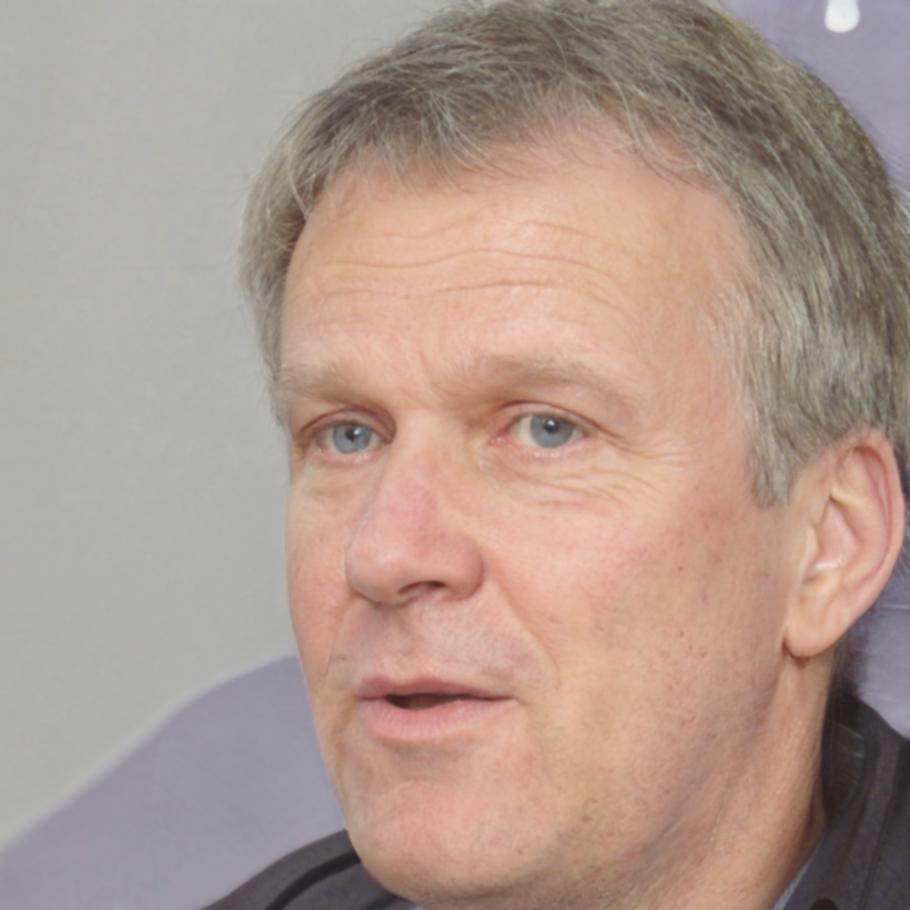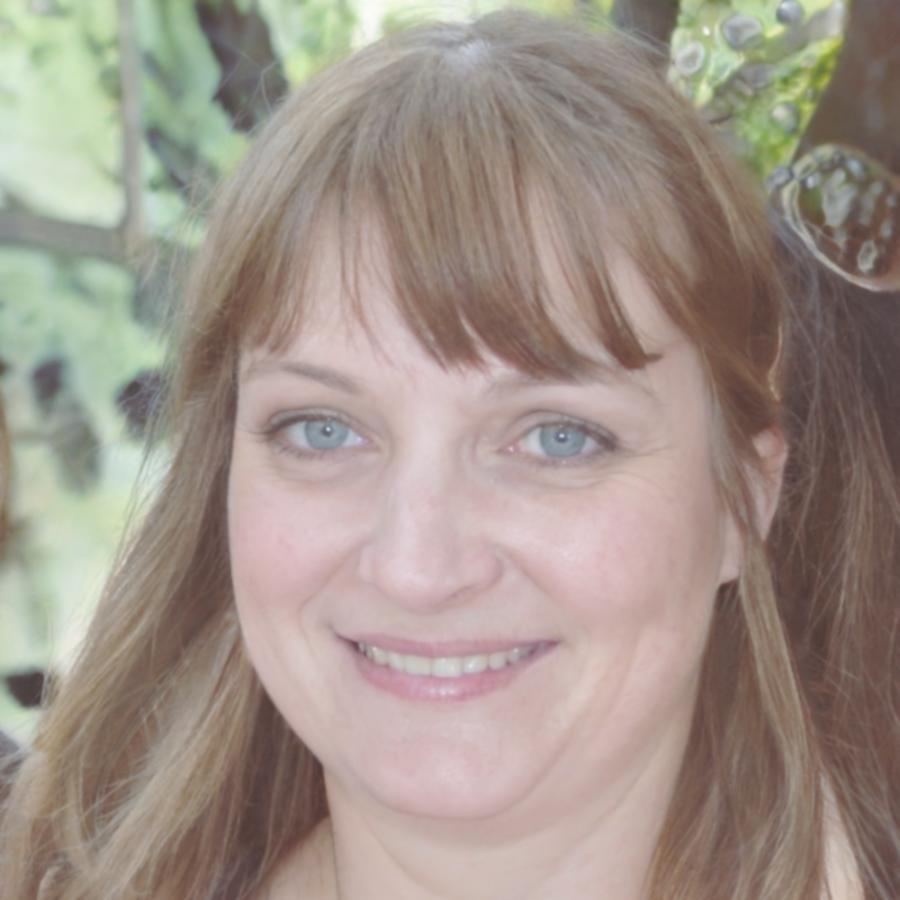Henrik Bjørnstad
Enrolled February 2025
Working trades in Newcastle, bringing home decent money but somehow always broke by the third week. Knew something was wrong but couldn't figure out where it was going. Tried three different budgeting apps — abandoned all of them within days because they felt like homework.
Henrik discovered his actual problem wasn't overspending — it was irregular income timing. He gets paid weekly, but was trying to budget monthly like everyone says to. Now he budgets in weekly chunks and keeps a buffer week. Not revolutionary, but it finally clicked for him. He's not perfect at it, still goes over sometimes, but the panic's gone.



